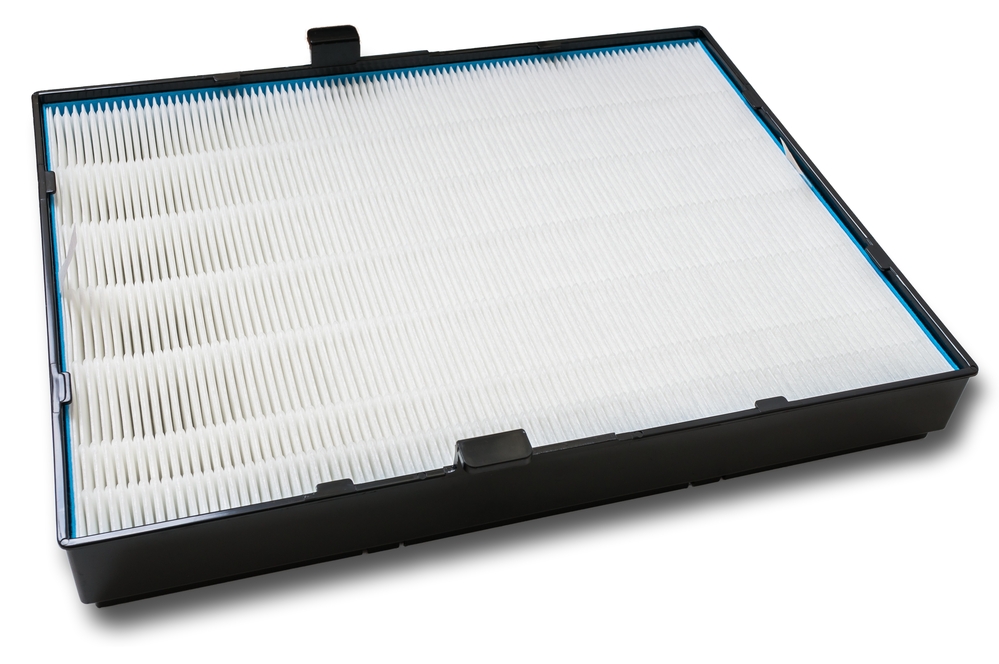When people think of the best air purification system, HEPA technology springs to mind. The history of HEPA filters starts back during World War II and continues to be a popular way to purify the air in homes and offices. HEPA technology works great at capturing large particles from the air, but it has some major downsides associated with it. Read on to learn about the history of HEPA filters and their pros and cons.
History of HEPA Filters
HEPA technology first started as a part of the Manhattan Project in the early 1940s, mainly to capture radioactive particles during nuclear bomb tests. In the next few decades, the filters became commercially available, especially as concerns about air quality continued to grow.
The filters trap particles by having a fan blow outward, which brings the particles into the filter. Once the particles are in the filter, they stay there until it’s time to change the filter. Depending on the filter type, they may become degraded by ultraviolet radiation or absorbed and converted from gases to solids.
Are HEPA Filters Safe?
The filter material is made from fiberglass, which can cause irritation in your lungs with prolonged exposure. However, you don’t have to worry about that with HEPA filters, making them safe to have in your home or office. The amount of fiberglass that the filters could potentially give off isn’t enough to cause irritation and other side effects from fiberglass inhalation in your lungs. Additionally, findings from the American College of Chest Physicians said the effects from the filters is about the same as dust.
HEPA Filter Benefits
Because of their long history, we know many of the HEPA filter benefits. One of the biggest benefits is that they improve indoor air quality by removing harmful particles from the air. They may also decrease odors you have in your space. Additionally, they trap more than virus and bacteria microbes. They work to trap dust mites, pet dander, and pollen. Finally, everyone has the ability to purchase the filters, so clean air is accessible for everyone.
HEPA Filter Downsides
While HEPA filters are great at removing large particles from the air in your location, they have many downsides as well. When it comes to replacing the filters, they tend to cost more than traditional air filters. Additionally, mold and bacteria can still grow on the outside of the filters, which negatively impacts indoor air quality. Since HEPA filters are a passive technology for purifying the air, they won’t do as much to minimize the mold and bacteria growing on the filters compared to active technology.
HEPA filters can help remove large particles from the air that can make you and those around you sick. But they aren’t quite as effective when it comes to stopping smaller particles from affecting people. With the amount of maintenance they require, HEPA filters may not be the right fit for homes and commercial and industrial spaces to use as their main source of air purification. Make the best decision about the best air purification system for your space.

